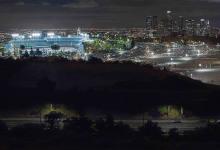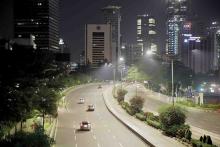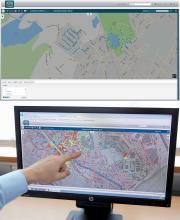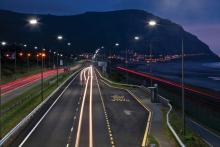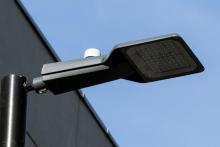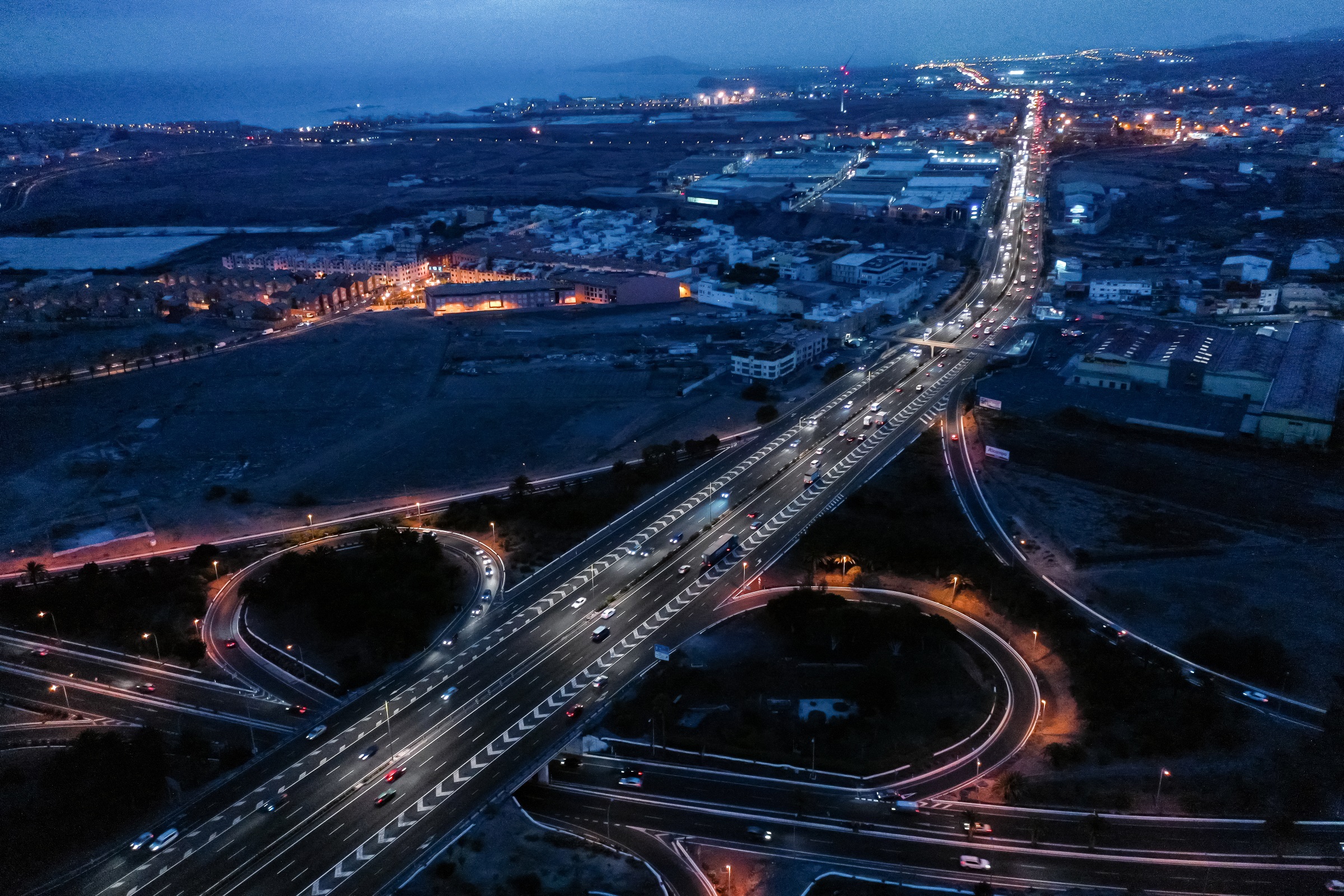
Signify is transforming Gran Canaria’s most important highway, known as GC-1, into a smart highway with the company’s Interact City system.
Gran Canaria, also called Grand Canary Island, is the second most populous of Spain’s Canary Islands archipelago which lies around 150km off the coast of northwest Africa. The island is home to more than 900,000 people and the GC-1 carries by more than 100,000 vehicles a day.
The Gran Canaria South Highway, the GC-1, connects the island’s capital Las Palmas de Gran Canaria and its international airport to the tourist destinations on the island’s south side. The highway was illuminated with Philips TrafficVision streetlights - 400W sodium luminaires - in 1990.
As the luminaires reached the end of their lifetime, the Cabildo, the island’s governing council, moved to improve lighting performance and reduce energy consumption. It chose Philips DigiStreet LEDs, with an output of 32,000 lumens and standardised Zhaga connectors, and which provide a 2700K colour temperature. These were matched with Interact City connected lighting software.
The Canary Islands have the darkest skies in Europe, offering exceptional conditions to observe the stars and hosting several internationally renowned observatories. The luminaires must comply with all regulations of the Instituto Astrofísico de Canarias and the Light Pollution Regulation for the Canary Islands.
Signify’s solution supports the Cabildo’s goal of preserving the outstanding conditions for viewing the night sky as required by the island’s world renowned observatories, explained Francisco Quintana, key account manager with Signify. “We achieved a luminance level of 2 cd/m² uniformity, as well as a glare of less than 10 URG.”
The lighting upgrade also helps to respect the island’s biodiversity and reduces CO2 emissions and the island’s carbon footprint without compromising road safety and driving experience.
“We have developed a clear and sustainable project for our lighting system,” said Antonio Morales, president of the Cabildo de Gran Canarias. “Upgrading to the Philips DigiStreet LEDs with Interact City results in economic savings of installed power with 50%, amortising the cost of installation in less than the luminaires’ lifetime.”
With Interact City, the Cabildo de Gran Canarias can monitor the lighting in real time, collect and analyse data and assign maintenance tasks. Meanwhile, the Philips DigiStreet LEDs avoid glare and render colours accurately at the darkest of times.
Combining Philips DigiStreet Large LED lights with standardised Zhaga connectors and Interact City gives highway operators ultimate control. “This helps the Cabildo to gain insights into issues to support decision-making and act where possible,” said Josep Martínez, Signify’s market lead for the Iberia area.
The system allows for simple maintenance, point-by-point management and enables real-time adjustment to deal with any situation on the highway. For example, increasing light in an area where an accident has occurred or dimming the lights to 30% when no vehicles are on the road.
The street lighting system also offers the Cabildo new connected capabilities as time goes on, according to Signify.
A case study, including a video, is available on the Interact IoT lighting website.




